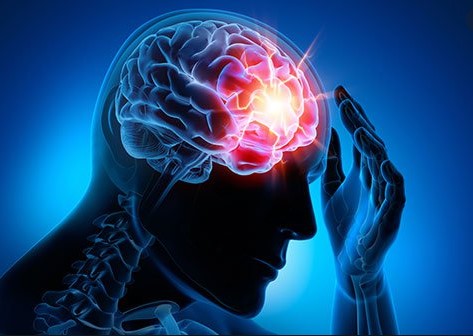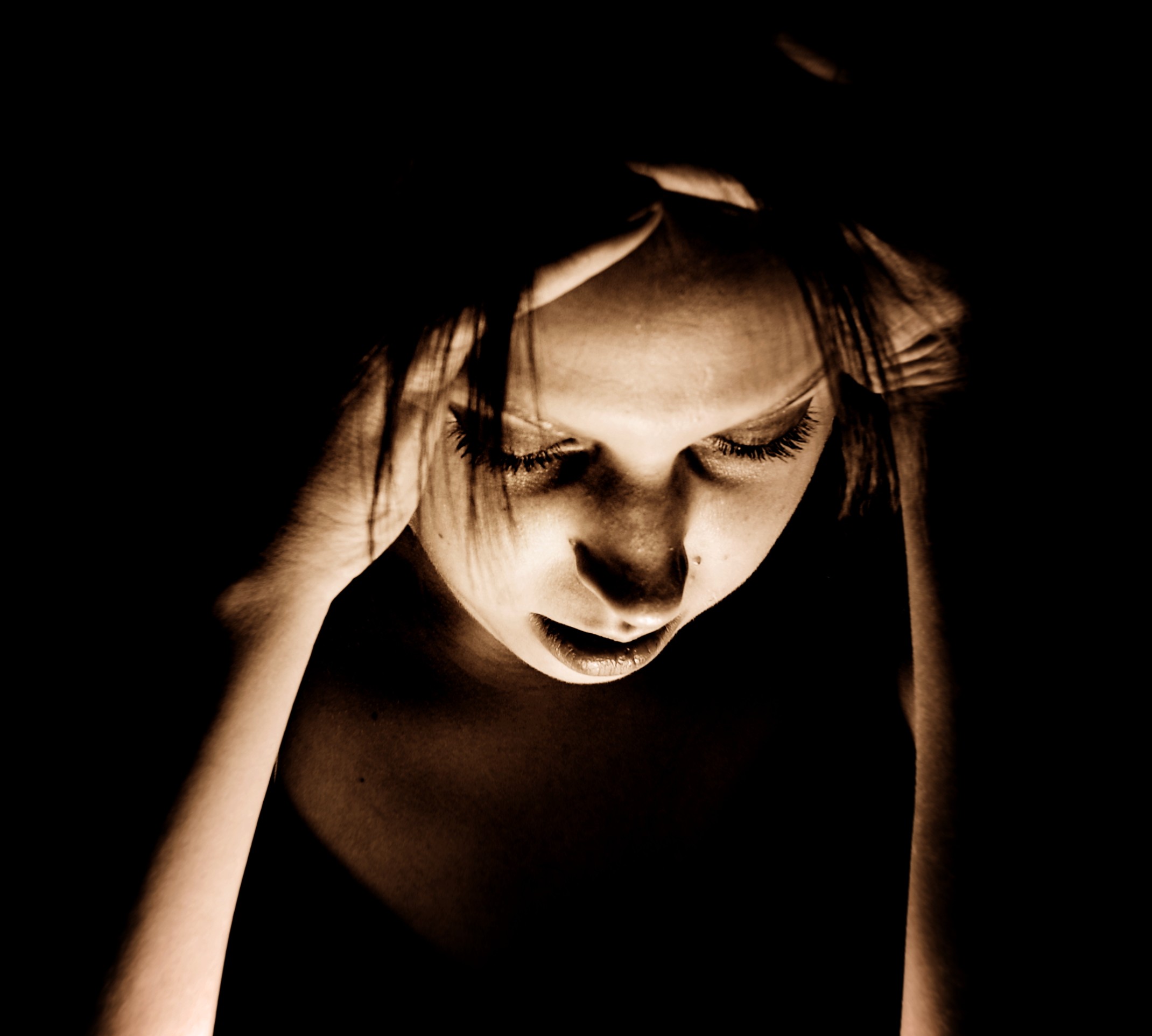Contact Us
TheOptimumU
Migraine Long Island
Huntington
700 New York Avenue,Top Floor
Huntington, NY 11743
Merrick
1991 Smith Street, Suite 200
Merrick, NY 11566
The information, including but not limited to, text, graphics, images and other material contained on this website are for informational purposes only. The purpose of this website is to promote broad consumer understanding and knowledge of various health topics. It is not intended to be a substitute for professional medical advice, diagnosis or treatment. Always seek the advice of your physician or other qualified health care provider with any questions you may have regarding a medical condition or treatment and before undertaking a new health care regimen, and never disregard professional medical advice or delay in seeking it because of something you have read on this website. No guarantee is provided or implied. Results may vary based on each patient’s physical health and adherence to the care plan designed by the doctor.These statements have not been evaluated by the United States Food & Drug Administration. These products are not intended to diagnose, treat, prevent, or cure any disease.
© Copyright 2024 TheOptimumU • All Rights Reserved.
Website Developed by Z World Webs



